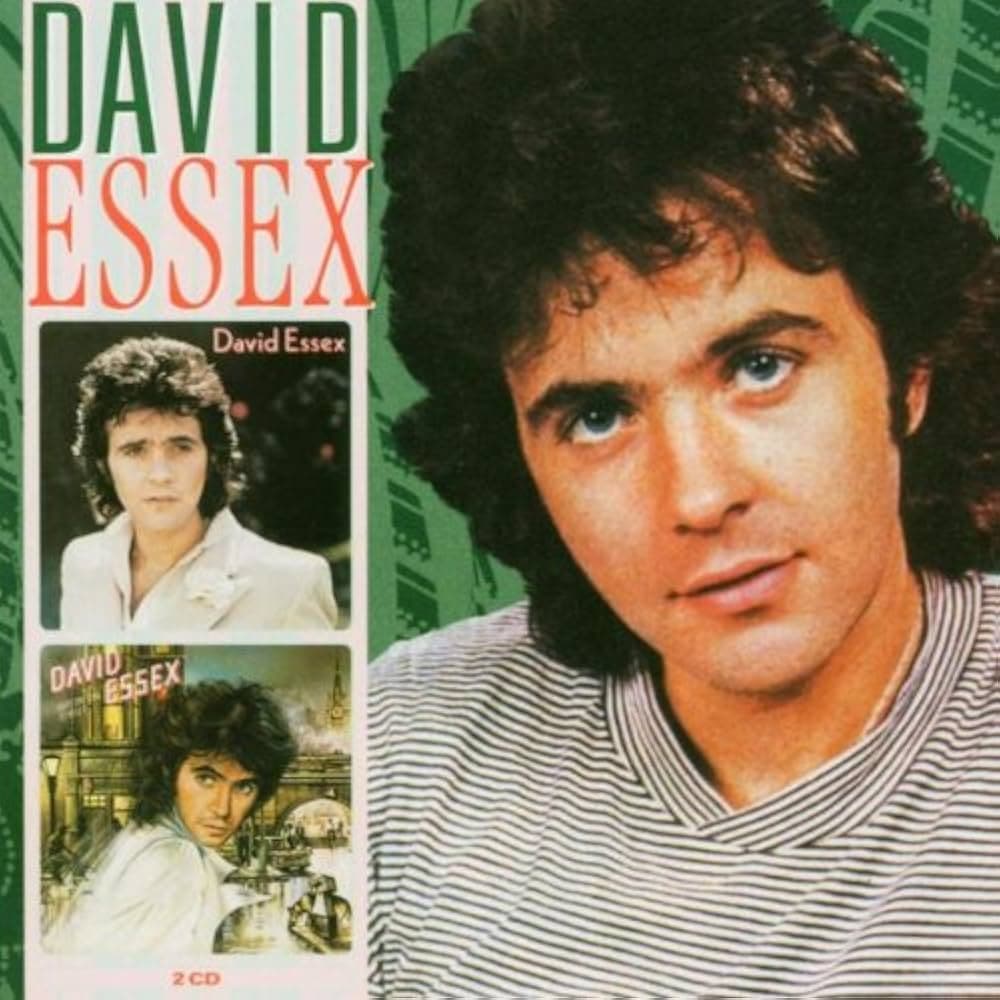
The Unexpected Betjeman: When Pop Meets Poetic Nostalgia
For those of us who came of age during the height of the glam-rock and pop-idol eras, David Essex represents a unique kind of British stardom—part cheeky Cockney rebel, part serious theatrical artist. He gave us hard-driving anthems like “Gonna Make You a Star” and epic ballads like “A Winter’s Tale.” Yet, by 1987, well into his mature career, Essex did something utterly surprising: he recorded a deeply nostalgic, almost wistful single titled “Myfanwy,” which was a collaboration of a most unusual kind.
The song “Myfanwy,” released in October 1987 on the Arista label, was not based on the famous, mournful Welsh folk song of the same name. Instead, it was an original musical setting for a poem penned by none other than the late Poet Laureate, Sir John Betjeman. The music itself was composed by British radio personality and songwriter Mike Read. This remarkable blending of high literary pedigree with sophisticated contemporary pop demonstrated Essex’s enduring appeal and his willingness to take artistic chances.
While the single didn’t replicate the dizzying, chart-topping success of his 1970s heyday, it proved that Essex could still command the public’s attention with a heartfelt delivery. “Myfanwy” reached Number 41 on the UK Singles Chart, a respectable showing for a track so steeped in quiet, reflective imagery. It remains one of those beautifully atmospheric songs that, though not a massive chart-buster, is cherished by fans who appreciate its lyrical depth and refined production.
The story behind the song is a lovely collision of literary and popular culture. Sir John Betjeman’s original poem, also titled “Myfanwy,” is a masterclass in English nostalgia. It conjures detailed, evocative scenes of a lost youth: “Fresh from the bathroom and soft in the nursery,” “Black-stockinged legs under navy blue serge,” and the very specific cultural signifiers of “Fullers angel-cake, Robertsons marmalade.” The Myfanwy in Betjeman’s poem is not the tragic Welsh noblewoman of the older folk song, but rather a memory of a girl from a privileged, perhaps suburban, past—a “ring leader, tom-boy, and chum to the weak.”
The genius of Mike Read’s musical composition and David Essex’s performance was their ability to match the sentimentality and vivid imagery of Betjeman’s words with a gentle, piano-driven melody and lush arrangement. Essex’s mature voice, having shed the youthful swagger of his “Rock On” days, delivered the lines with a warm, reflective melancholy. It was a perfect piece of audio theater, transporting the listener back to a world of innocence—a world of private, remembered moments and the quiet, almost sacred spaces of childhood homes. For anyone who remembers that time, the song acts as a sonic photograph, perfectly capturing the delicate, almost heartbreaking beauty of a past that can never be recovered, yet lives forever in the memory. It’s a song for the quiet hours, when we are most reflective, looking back over the long road we’ve travelled.